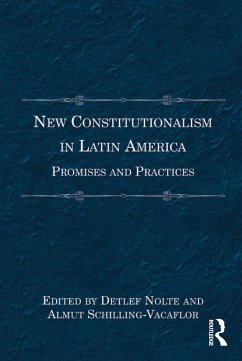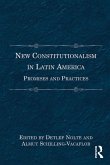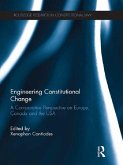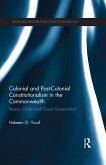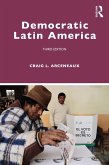Authors from a number of different disciplines offer a general overview of constitutional reforms in Latin America since 1990. They explore the historical, philosophical and doctrinal differences between traditional and new constitutionalism in Latin America and examine sources of inspiration. The book also covers sociopolitical settings, which factors and actors are relevant for the reform process, and analyses the constitutional practices after reform, including the question of whether the recent constitutional reforms created new post-liberal democracies with an enhanced human and social rights record, or whether they primarily serve the ambitions of new political leaders.
Dieser Download kann aus rechtlichen Gründen nur mit Rechnungsadresse in A, B, BG, CY, CZ, D, DK, EW, E, FIN, F, GR, HR, H, IRL, I, LT, L, LR, M, NL, PL, P, R, S, SLO, SK ausgeliefert werden.
'The presence of constitutionalism throughout Latin America since the Independence has affected politics in very different ways. Likewise, presidentialism has been a key feature of the region, albeit with significant variations. This book extensively explores how both aspects shape current politics, describes the so-called "new constitutionalism" in detail, and offers new and important questions for future research.' Manuel Alcántara, Universidad de Salamanca, Spain 'This volume is the most important contribution on Latin American constitutionalism to date. Using an extraordinary diversity of entry points - from historical analysis to legal philosophy, from diffusion approaches to rational choice institutionalism - the authors successfully illuminate the causes and consequences of constitutional choice. Highly recommended for all scholars and students of Latin American politics.' Timothy J. Power, University of Oxford, UK

